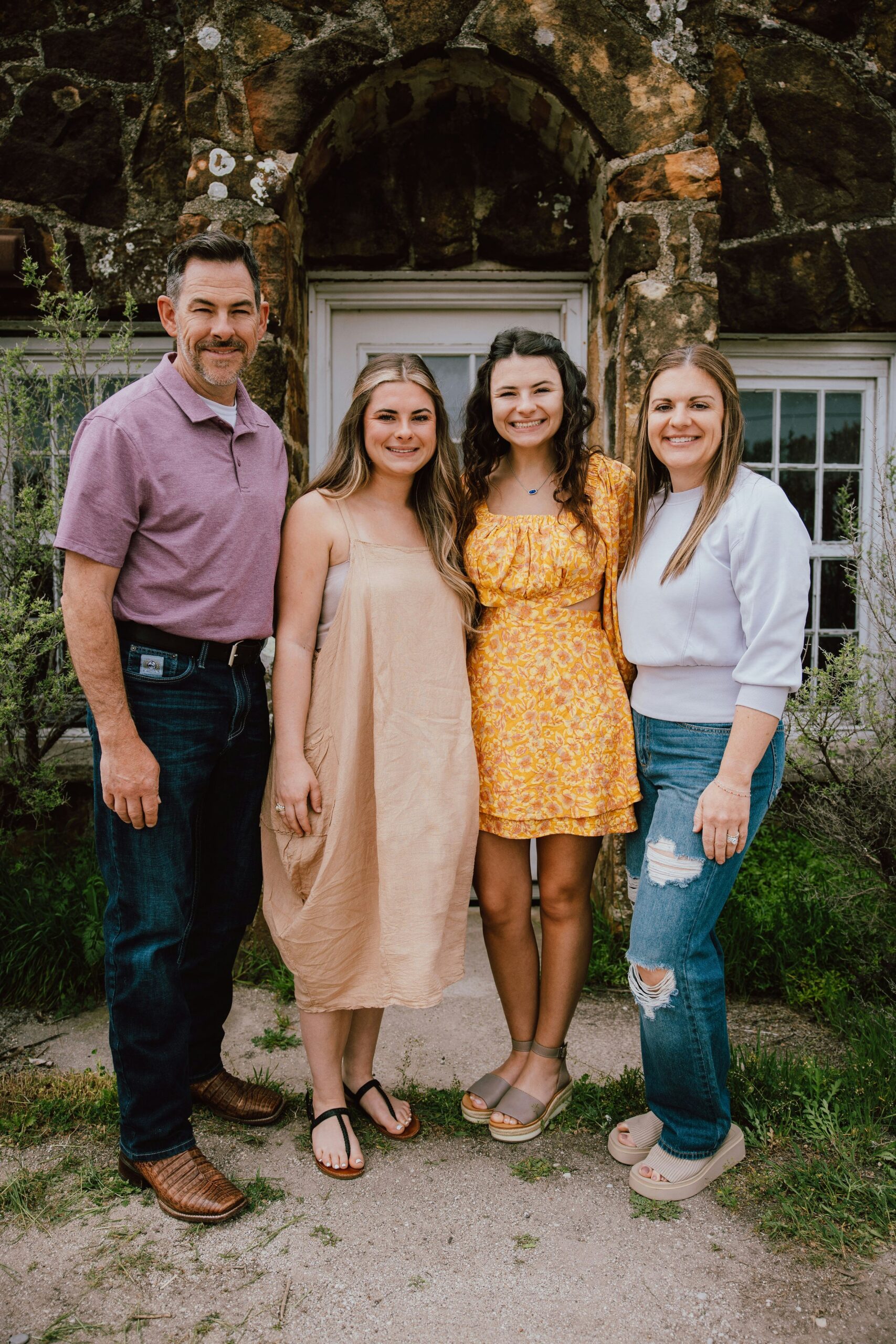Perhaps the most controversial ‘final’ act of life, any life, should always start conversations around #mentalhealth. And it is, perhaps, the unlikelier cases of #suicide that should ring louder warning bells for society at large

Nusmila Lohani
One of the most active and happy #Instagram profiles is, perhaps, #tWitch’s.
His face is a familiar one, one that carved out a space in the entertainment industry in #America at least 14 years ago when he auditioned in So You Think You Can Dance (SYTYCD). It’s a televised #American dance competition, where participants dance through cutthroat stages of the competition to reach the finals or make the top 10 list. From that list, many have moved on in their careers to bigger things, expanding the limelight that the reality TV show accumulated for them.
#tWitch was one of them.
I primarily follow #tWitch on #Instagram where he has over 4 million followers. On the #socialmedia platform, between paid partnerships, business ventures and collaborations with other dancers along with features of his co-founded dance studio, #tWitch seemed to have been doing great with his wife (who was an SYTYCD 2nd season contestant) and three beautiful #children.
His name was not just well-known in America’s dancers’ community, but a popular one even in some circles of A-list Hollywood celebrities.
On 13 December 2022, Stephen Laurel “tWitch” Boss died by #suicide, having recently celebrated his 40th birthday and nine years married to his wife. According to the LA County Medical Examiner, there was “no foul play” and reportedly there is a #suicide note left behind by #tWitch, the content of which has not been revealed to the media.
When the news broke, it first took me back to 2008.
I was rooting for #tWitch to win the SYTYCD 4th season that used to air on AXN, mostly because I enjoyed replicating some of his easier dance moves. #tWitch – the Alabama native on the Los Angeles SYTYCD stage – brought a lot of joy to me, the closet dancer in Dhaka who would fight over the TV remote with her older sister.
#tWitch came second place, breaking my teenage heart. And eventually, I stopped watching the show thus relinquishing my ‘avid’ SYTYCD TV audience status.
But #tWitch rose.
He went on to star in movies and in a short time, started to work as the resident DJ on The #EllenDegeneresShow. Reportedly, he also became a co-executive producer on the show in 2020, the same year when Ellen Degeneres faced intense backlash over a toxic work environment spanning #racial discrimination and #sexualharassment allegations.
#tWitch maintained his support for Degeneres, and said “We can’t speak too much legally about it, but I’ll say this, there’s been love,” in an interview later on.
When the news of #tWitch’s #suicide broke, it took me back to his #Instagram profile next.
I stand corrected, it is one of the most active and happy feeds. I drowned myself in tributes that #Instagram users paid to #tWitch. Many are from celebrities and blue tick account holders. The ones who knew him kept saying, he was the “light” in the room and the life and joy of the party.
I understand how #socialmedia profiles seldom mirror a person’s state of mind, let alone offer the real-life picture of public figures. But with this case, something else tugged at me, how a ‘happy,’ young (yes, 40 is young) public figure, who seemingly had a good life, died by #suicide.
And this took me to 2014.
#RobinWilliams – in my opinion, not just the greatest comedian but also one of the greatest actors – died by #suicide at the age of 63. This shook the world, causing ripples of disbelief and shock beyond borders. More so because of the happy and joyful persona that defined his illustrious career.
Williams was misdiagnosed with Parkinson’s disease before his death, according to his wife, who went on to learn of Lewy body #dementia with which the actor was diagnosed following an autopsy on his brain, reported #CNN.
What can we learn from unlikely cases of #suicide
The objective is not to limit the category of unlikely cases to those who are wealthy because that logic is primitive in thinking that wealth and/or fame, by default, can resolve #mentalhealthissues. But to broaden our perspective and dismantle our internalized typecasting of “likely” cases of #suicide. For one, seemingly happy people may be suffering from #suicidalideation.
And for those who are already dealing with #suicidalideation, death by #suicide of seemingly happy public figures may work as a trigger.
Frankly, we know little to nothing about a person’s state of mind or their cognitive dissonance. This ‘person’ can be our colleagues, friends and family members. And the more we continue to avoid, demean, mock or discourage discourse on #mentalhealth, the more we continue to walk on the same path that leads to preventable final acts.
#James Donaldson notes:
Welcome to the “next chapter” of my life… being a voice and an advocate for #mentalhealthawarenessandsuicideprevention, especially pertaining to our younger generation of students and student-athletes.
Getting men to speak up and reach out for help and assistance is one of my passions. Us men need to not suffer in silence or drown our sorrows in alcohol, hang out at bars and strip joints, or get involved with drug use.
Having gone through a recent bout of #depression and #suicidalthoughts myself, I realize now, that I can make a huge difference in the lives of so many by sharing my story, and by sharing various resources I come across as I work in this space. #http://bit.ly/JamesMentalHealthArticle
Order your copy of James Donaldson’s latest book,
#CelebratingYourGiftofLife:
From The Verge of Suicide to a Life of Purpose and Joy
www.celebratingyourgiftoflife.com
Suicides have claimed nearly double the number of Bangladesh lives in 2020, compared to the deaths from #Covid-19. Nearly half of the suicides were from young #adults, with 35% in the age range of five to 19 years.
In fact, as many as 364 students in the country’s education institutions committed #suicide from January to August of this year, according to a survey by the Aachol Foundation.
Earlier this year, speaking to TBS on the uptick in suicides among students, Tawhida Shiropa, Founder and CEO of Moner Bondhu said “More than their socio-economic state of affairs, the lack of sympathy and empathy had led them to take such a decision. I believe a little touch of empathy could have changed their whole trajectory for a few of them.”
This probably does not need to mean that we, individually, carry the responsibility to save people from dying by #suicide. Rather, we should strive to collectively build a support system and environment that essentially welcomes dialogue on #mentalhealth.
What we now have is a wall blocking discourse on #mentalhealth at every level, be it the dinner table conversations that still remain outdated because older generations refuse to understand what therapy is or the existence of #mentalhealth.
Or we have educational institutions, corporate worlds and industries that remain determined to focus with a hyperbolic intensity on advancements and progress reports than the #mentalhealth of its people. It’s almost like the #Covid-19 #pandemic never happened nor did its incredible toll on human lives.
#RobinWilliams once said, “Comedy can be a cathartic way to deal with personal #trauma.” And tWitch once said “As dancers, especially for myself, personally, dance constitutes a lot of the conversation that I have. While I’m not a ridiculous wordsmith and I can’t clearly verbalize the things that I’m feeling sometimes, I’d say that I can emote how I feel by dancing, 100% of the time, and fearlessly at that.”
The common thread, albeit a little stretched, is curious. They both spoke of expressing themselves through their art.
This year will end in a few days. Many of us must be mulling over our year’s personal progress report. This could be an opportune time to spare a moment on how we perceive #mentalhealth, both at an individual level and at a collective level. We could also consider seeing #mentalhealth in two-fold: How we can assist those who are silently, or otherwise, suffering. And how we can learn, for ourselves, to ask for help when we need to.
This is a tall order, granted. But the most simple step forward could be to be kind to each other and become open to having conversations about #mentalhealth. By doing just this, perhaps, in the new year, we will collectively step on the same page in the 21st century on understanding #suicidalideations and create environments that start a discourse on #mentalhealth.
Otherwise, we will continue to have people, some of great talent, resorting to expressing themselves through their works of art, or other channels. And then seek refuge in their last resort, which the world will not hesitate to call their most controversial and selfish ‘final’ act.





